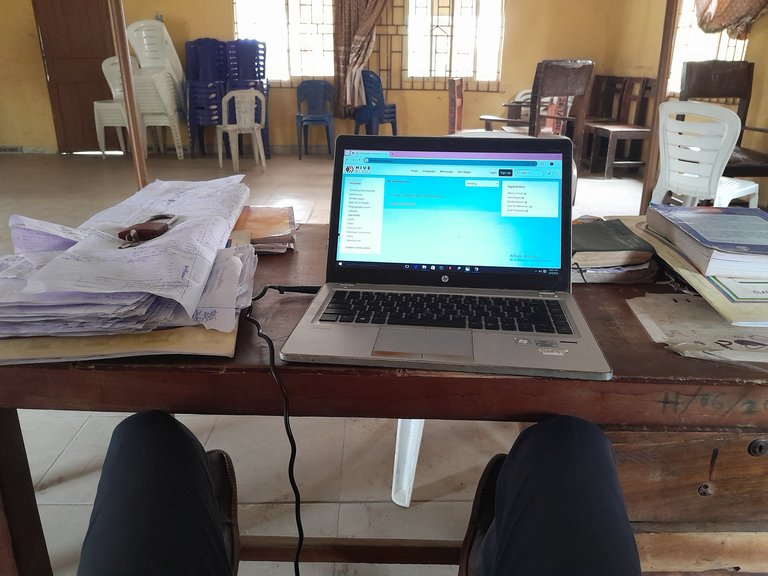The Hidden Workload of Teachers During Examination Periods
During examination periods, people often assume that teachers have it easy, believing that there isn't much work involved. However, this perception overlooks the substantial responsibilities that teachers like myself take on, especially during these critical times.
Firstly, the role of a teacher extends far beyond simply teaching lessons. During exams, we are required to invigilate and supervise students to ensure the tests are conducted fairly. This involves staying vigilant to prevent cheating and ensuring that the examination rules are strictly followed, which requires constant attention and presence in the exam hall.

But our duties do not end with invigilation. Teachers are also tasked with comprehensive administrative responsibilities. We maintain essential records such as student attendance, schemes of work, and registers. These documents are crucial for the smooth operation of the school and require meticulous updating and management. Additionally, we must ensure the safety and count of all students from the moment they arrive until they leave the school premises at the end of the day. This responsibility means that we must keep a vigilant eye to ensure that the same number of students who enter the school in the morning safely depart in the afternoon, accounting for everyone's safety.
As an English language teacher, my workload significantly increased during the examination period. For instance, I am tasked with marking around 800 English scripts. Marking papers in English is particularly demanding because it involves a detailed review of grammar, lexis, and vocabulary. Each script requires a careful examination to identify and correct errors, which must be clearly marked to guide students in their learning.
Moreover, today, my students took their literature in English exams, adding another 200 scripts to my marking duties. This means that in addition to the already substantial pile of English scripts, I have to meticulously go through each literature script, ensuring that I provide accurate and helpful feedback to my students.
The task of marking is not just about assigning grades. It involves providing detailed feedback to help students understand their mistakes and learn from them. This process is crucial in educational development but is also time-consuming and mentally exhausting.
After the school day ends, while other staff and students leave for the day, teachers like me often stay back. This extra time at school is spent marking scripts and recording results for each student. This after-hours work is essential to ensure that all scripts are marked fairly and returned promptly, allowing students to learn from their mistakes and prepare better for future assessments.
I feel teaching profession is not praised enough. Teachers contribute greatly in the growth of a child.
God bless teachers
You are right about that. However, some nations still value their teachers. It is just so unfortunate that in the part of the world, we don't value teachers as such.